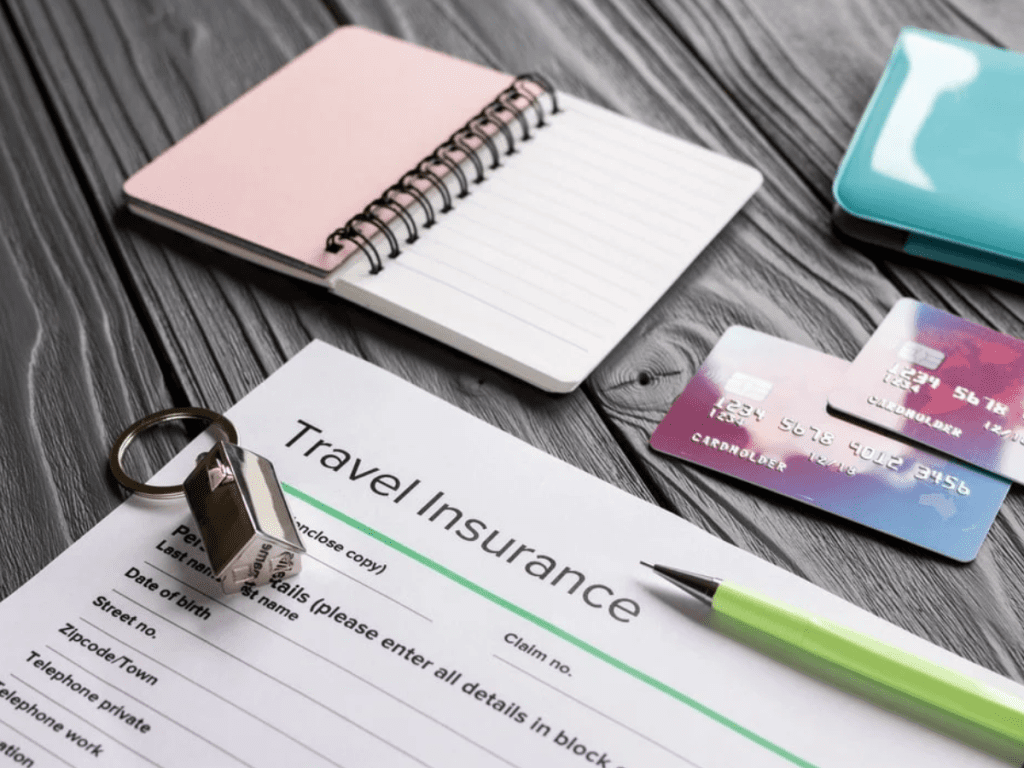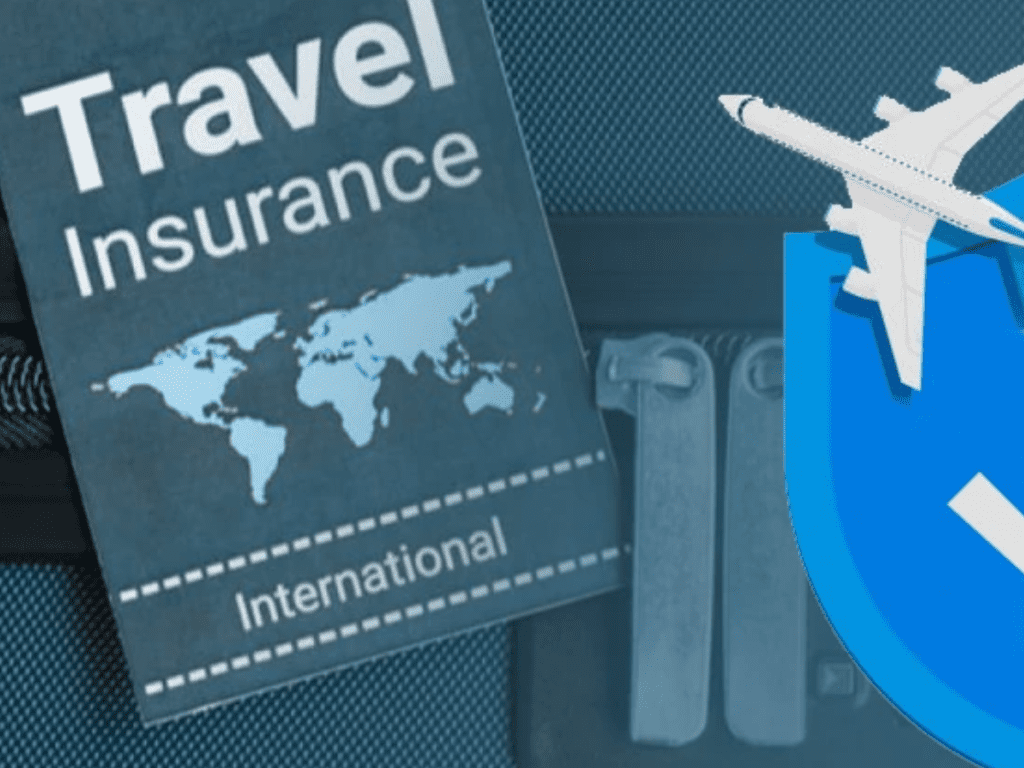Introduction
Facing a medical emergency while traveling without insurance can be a stressful, complicated, and expensive situation. Medical insurance is an essential part of travel planning, as it can safeguard travelers from unexpected health costs, provide peace of mind, and ensure timely care. Without insurance, the consequences of a medical emergency can become a financial burden, disrupt travel plans, and sometimes even have serious long-term health implications. This article explores what happens when you encounter a medical emergency while traveling without insurance, detailing the potential challenges, consequences, and steps you can take to mitigate the risks.
The Importance of Travel Insurance
Before delving into the consequences of a medical emergency without insurance, it’s crucial to understand the significance of travel insurance. Travel insurance typically covers a variety of risks, including trip cancellations, lost luggage, and most importantly, medical emergencies. Medical emergencies can range from a sudden illness to an injury resulting from an accident, and insurance can cover the costs of treatment, emergency evacuation, and even repatriation to your home country.
However, many travelers opt to skip this essential step, either due to the perceived cost of insurance or the belief that they can avoid medical emergencies altogether. Unfortunately, unforeseen events can and do happen, and the financial impact of facing a medical emergency without insurance can be severe.
Immediate Consequences of Medical Emergencies Without Insurance
1. High Medical Costs
One of the most significant consequences of facing a medical emergency while traveling without insurance is the exorbitant cost of medical treatment. Healthcare systems vary drastically from country to country. In many destinations, especially in the United States, emergency medical care can cost tens of thousands of dollars, even for relatively minor injuries or illnesses. If you need hospitalization, surgery, or other specialized treatments, your costs can escalate quickly.
For instance, in the U.S., a short stay in the emergency room can cost anywhere between $500 to $1,500, and hospitalization for a few days can exceed $10,000. Even basic services like an ambulance ride, prescription medication, or an emergency consultation with a doctor can cost hundreds or thousands of dollars, depending on the location.
Without insurance, you are personally responsible for paying these expenses, which can lead to financial hardship, especially if the emergency treatment is extensive. Many healthcare providers in foreign countries may require upfront payment or proof of financial capability before offering treatment. This can cause delays in getting the necessary care and might put you in an uncomfortable and potentially life-threatening situation.
2. Delayed or Inadequate Treatment
Without insurance, getting proper treatment can be complicated. In some cases, medical facilities may refuse treatment if you cannot afford to pay upfront or demonstrate financial capability. This may delay critical treatment and increase the severity of the health issue.
In more remote or underdeveloped regions, medical facilities may be less equipped to handle emergencies. If your situation requires specialized care or advanced medical attention, you may need to be evacuated to a different facility, often at your own expense. Airlifts or emergency evacuations can cost thousands of dollars, and in the absence of insurance, this burden falls entirely on you.
3. Repatriation Challenges
If your condition requires you to return to your home country for treatment, the costs associated with repatriation can be astronomical. Repatriation involves transporting you, often via air ambulance or commercial flight with medical assistance, back to your home country. This process can cost anywhere between $10,000 and $100,000, depending on the severity of the situation and the distance traveled.
Without travel insurance, repatriation is almost entirely your responsibility, which can add significant financial stress to an already difficult situation. The lack of insurance could also complicate communication with authorities and embassies, delaying the repatriation process.
4. Difficulty with Medical Records
Traveling without insurance means you may not have a comprehensive record of your medical history, which is crucial in emergencies. Insurance companies often have a way of keeping track of your medical records, providing doctors with immediate access to necessary information. However, in the absence of insurance, medical professionals may struggle to understand your pre-existing conditions, allergies, or previous treatments, which can result in suboptimal care.
Without the backing of an insurer, you may also face challenges when it comes to coordinating with your home country’s healthcare providers, further complicating your treatment and recovery.
5. Possible Legal and Administrative Issues
In some countries, especially those with strict medical regulations, travelers may face legal and administrative challenges if they fail to provide adequate medical coverage. In extreme cases, the lack of insurance could lead to legal consequences or a refusal of entry into certain healthcare facilities. Some countries, especially in the European Union, may require visitors to have valid travel health insurance for entry, and failure to comply with these regulations could result in denied access to healthcare services.
In some cases, medical providers might require a guarantee of payment before administering treatment, especially in more private or specialized medical facilities. Without travel insurance, you may not be able to secure the necessary documentation or payment guarantee, leading to potential delays or denial of treatment.
Long-Term Financial Implications
Aside from the immediate consequences, facing a medical emergency without insurance can have long-term financial ramifications. The medical debt incurred from emergency treatment, evacuation, or repatriation can be crippling. Many travelers may need to take out loans or rely on credit cards to cover the expenses, which can lead to significant interest charges and long-term debt.
Even if you are able to pay off the costs over time, the stress and strain of dealing with financial fallout from a medical emergency can have a profound impact on your future financial stability. For many, the cost of medical treatment without insurance can be one of the most significant financial burdens of their lifetime.
Emotional and Psychological Impact
A medical emergency while traveling is a highly stressful event in itself. Without insurance, the emotional and psychological toll is even greater. Travelers may feel a heightened sense of fear, isolation, and helplessness, especially if they are in a foreign country with limited resources and language barriers. The additional stress of financial concerns can amplify these feelings, making it harder for travelers to focus on their recovery.
The uncertainty of how to pay for treatment or whether treatment will even be provided can be overwhelming. Furthermore, the lack of insurance may force you to make difficult decisions about whether to seek medical care, potentially risking your health in the process. The emotional strain of facing these decisions can hinder the healing process and lead to prolonged recovery times.
The Risk of Delayed Travel Plans
A medical emergency without insurance can significantly delay your travel plans. If you require hospitalization or extended treatment, you may be unable to continue with your trip as planned. This can result in missed flights, canceled accommodation reservations, and disrupted itineraries. In addition to medical expenses, you may also face the loss of money spent on non-refundable bookings, which adds to the overall cost of the emergency.
Travel insurance often includes trip interruption or cancellation coverage, which can help mitigate these losses. Without insurance, however, you are left to bear the cost of all non-medical expenses incurred during the emergency.
How to Mitigate the Risk
While the consequences of traveling without insurance can be severe, there are several steps you can take to mitigate the risks of facing a medical emergency while abroad.
- Consider Travel Insurance Early
Before embarking on your journey, it’s wise to assess your travel insurance options and ensure you have adequate coverage for any medical emergencies that may arise. Depending on your destination, you may require specific coverage, such as medical evacuation or coverage for pre-existing conditions. Be sure to research the policy thoroughly and understand the terms, exclusions, and limits.
- Keep a Travel Medical Kit
Even with travel insurance, it’s a good idea to carry a basic medical kit containing essential medications, first-aid supplies, and any necessary prescriptions. This kit can help you manage minor injuries or illnesses and reduce the likelihood of needing emergency treatment.
- Emergency Contacts and Information
Keep a list of emergency contacts, including local hospitals, embassies, and insurance providers. Having this information readily available can save valuable time in the event of a medical emergency.
- Know Your Destination’s Healthcare System
Before you travel, familiarize yourself with the healthcare system in your destination. Knowing where the nearest hospital or clinic is and understanding the local procedures for seeking medical care can help you respond more effectively in the event of an emergency.
- Secure Emergency Funds
While insurance can cover most of the costs, it’s also a good idea to have emergency funds available. This can help cover costs that are not immediately reimbursed by insurance or assist in paying for treatment while you await claims processing.
Conclusion
A medical emergency while traveling without insurance is a situation best avoided. The financial, emotional, and logistical challenges that come with an emergency in a foreign country can be overwhelming, and without insurance, the costs can quickly spiral out of control. Travel insurance provides essential coverage for medical emergencies, helping you avoid significant out-of-pocket expenses, ensuring timely care, and offering peace of mind while you explore the world. When planning a trip, it’s always wise to invest in adequate travel insurance to protect yourself from unforeseen medical emergencies and to ensure a safer, more enjoyable journey.

